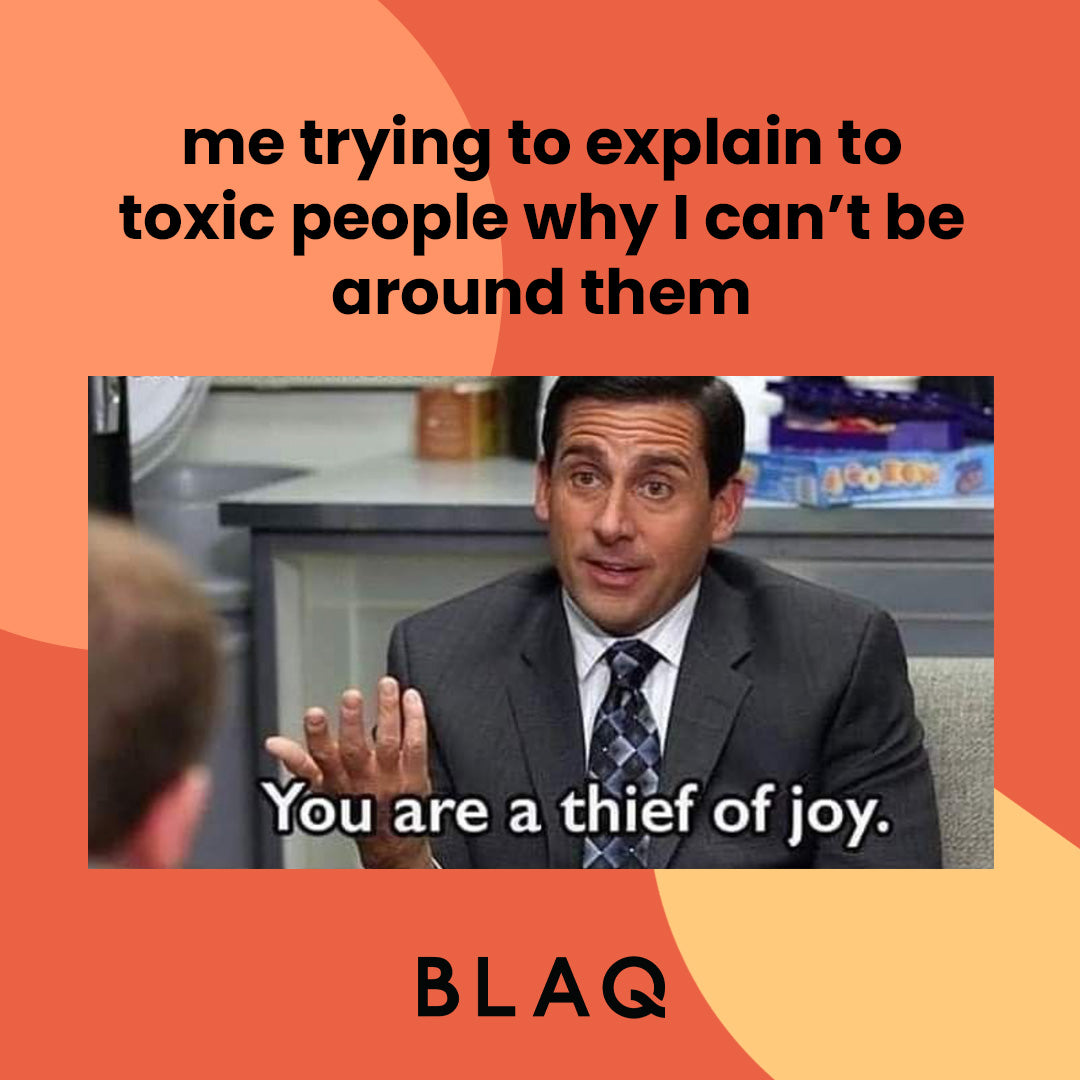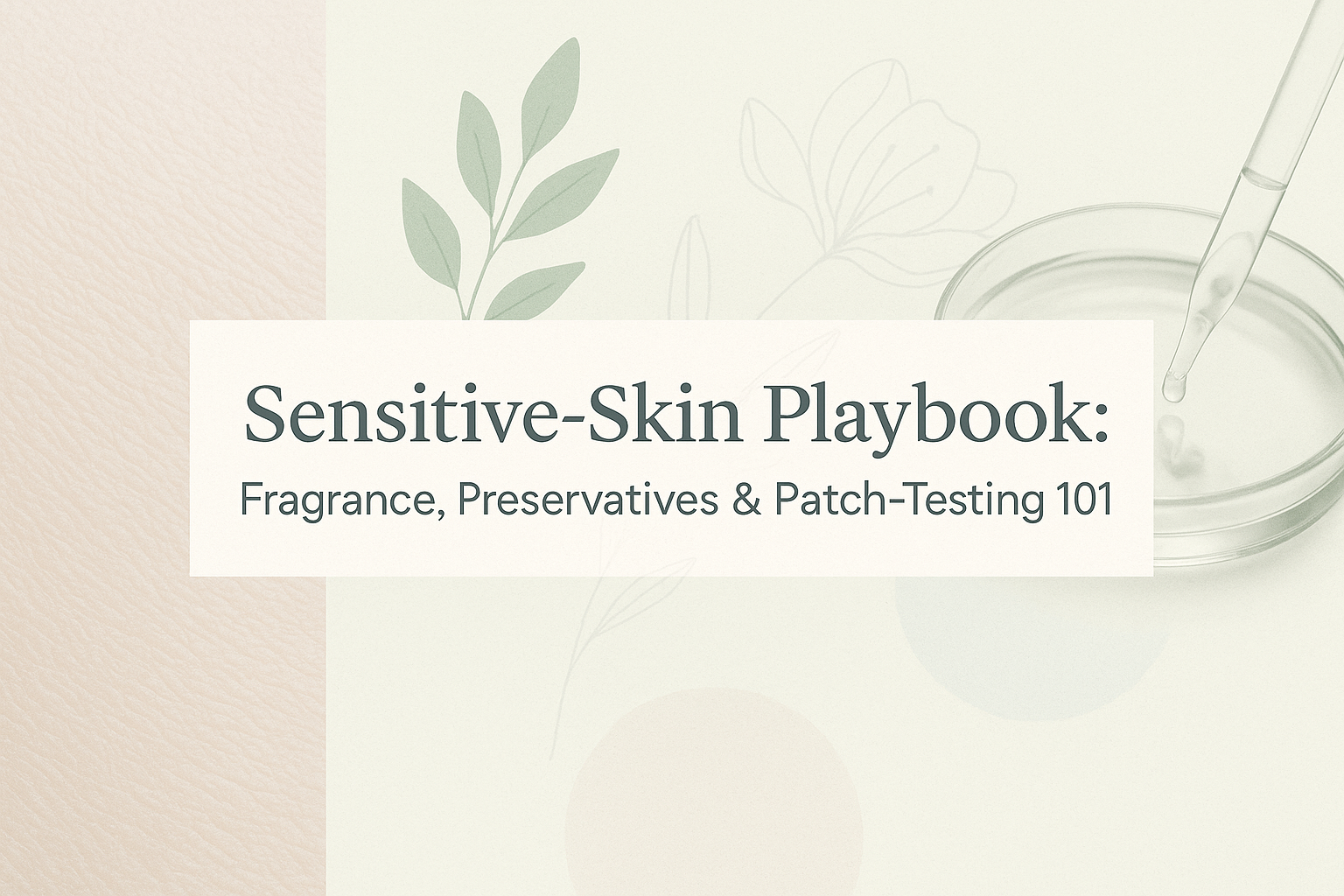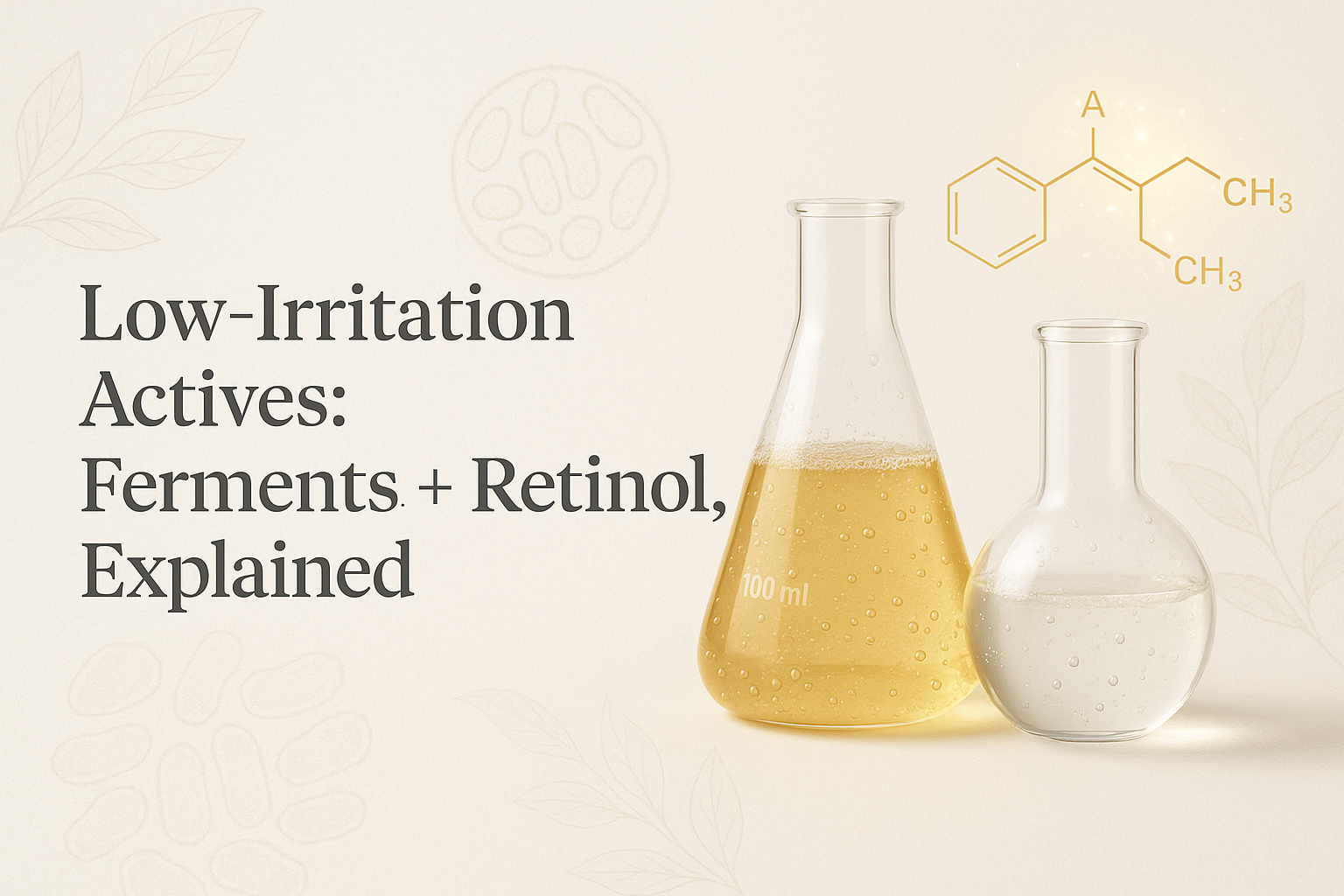In the vast landscape of human connections, relationships can be a source of joy, support, and growth. However, not all relationships are healthy. Some can be toxic, slowly draining our emotional well-being and hindering personal development. Recognizing toxic relationships is crucial for maintaining mental and emotional health. Here, we'll explore the signs of toxicity in relationships and offer strategies for addressing them.
Signs of Toxic Relationships:
-
Lack of Trust and Respect: Trust and respect are the cornerstones of any healthy relationship. In toxic relationships, these elements are often missing or eroded over time. Partners may constantly doubt each other, betray confidences, or undermine one another's autonomy.
-
Constant Criticism and Negativity: Healthy relationships involve constructive communication and mutual encouragement. In contrast, toxic relationships are characterized by constant criticism, belittling remarks, and negativity. These behaviors chip away at self-esteem and create a hostile environment.
-
Control and Manipulation: Toxic partners may seek to control every aspect of the relationship, from finances to social interactions. Manipulative tactics such as guilt-tripping, gaslighting, or ultimatums are common. This control dynamic stifles individual freedom and fosters dependency.
-
Isolation from Support Systems: In healthy relationships, partners support each other's connections with friends, family, and social networks. In toxic relationships, one partner may seek to isolate the other, cutting off access to support systems and fostering dependence on the relationship alone.
-
Unresolved Conflict and Resentment: Conflict is inevitable in any relationship, but in toxic ones, conflicts tend to escalate and remain unresolved. Resentment simmers beneath the surface, leading to a cycle of blame, anger, and avoidance.
-
Emotional and Physical Abuse: Perhaps the most severe sign of toxicity, abuse can take many forms, including verbal, emotional, psychological, and physical. It's essential to recognize the signs of abuse and seek help immediately.
Strategies for Addressing Toxic Relationships:
-
Set Boundaries: Establish clear boundaries to protect your emotional well-being. Communicate your needs and expectations openly and assertively. Be prepared to enforce consequences if boundaries are violated.
-
Seek Support: Reach out to trusted friends, family members, or professionals for support and guidance. Talking to someone impartial can provide perspective and validation.
-
Practice Self-Care: Prioritize self-care activities that nourish your mind, body, and spirit. Engage in hobbies, exercise, meditation, or therapy to cultivate resilience and self-awareness.
-
Consider Couples Therapy: If both partners are willing, couples therapy can provide a safe space to address underlying issues and learn healthier communication and conflict resolution skills.
-
Know When to Let Go: Recognize when a relationship is beyond repair and have the courage to let go. Ending a toxic relationship can be painful but ultimately liberating, allowing space for personal growth and healing.
-
Focus on Growth: Use the experience of a toxic relationship as an opportunity for growth and self-discovery. Reflect on lessons learned and identify patterns to avoid in future relationships.
Recognizing and addressing toxic relationships requires courage, self-awareness, and support. By prioritizing your emotional well-being and setting healthy boundaries, you can cultivate relationships that uplift and empower you. Remember, you deserve to be treated with love, respect, and kindness in all your relationships.








